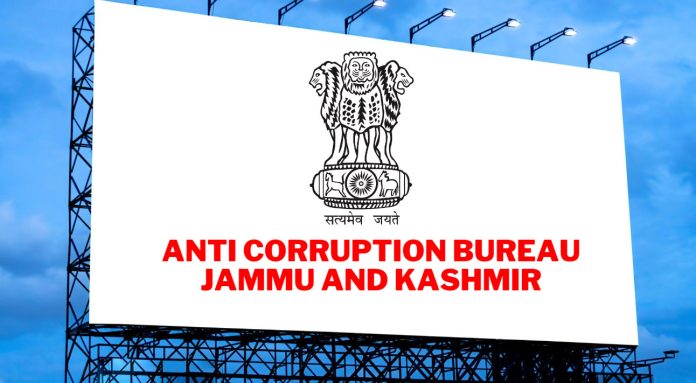The recent case involving Abdul Rashid Dar, the former Mid-Day Meal In charge in Handwara, has shed light on the alarming issue of corruption that undermines critical government initiatives designed to support vulnerable populations. The Anti-Corruption Bureau (ACB) registered an FIR against Dar for misappropriation and embezzlement of funds intended for the Mid-Day Meal (MDM) scheme, a program vital for ensuring the nutritional needs of school children.
Details of the Case
On November 5, 2024, the ACB announced that it had conducted a preliminary inquiry into allegations against Dar, who served as the Mid-Day Meal Incharge at the ZEO office in Mawar, Langate District Kupwara. The investigation revealed that Dar, in collusion with other officials, fraudulently transferred substantial amounts—over ₹73 lakh—meant for the MDM scheme into his personal account at J&K Bank. This scheme, launched in September 2004, aims to enhance primary education by increasing enrollment and attendance through nutritional support.
The ACB’s findings indicate that between 2017 and 2019, Dar manipulated financial records to illegally credit ₹7,07,495 to the official accounts of various schools under his jurisdiction. He then orchestrated a scheme where he would receive cash back from school MDM incharges under the pretense of returning funds to official accounts, effectively embezzling taxpayer money.
The Broader Impact of Corruption
This incident is not an isolated case but part of a troubling trend that undermines public trust in government programs designed to uplift society. Corruption in schemes like the MDM not only diverts essential resources but also deprives children of their rightful benefits—nutritious meals that are critical for their growth and learning.
The Mid-Day Meal Scheme, which serves approximately 120 million children across 1.27 million schools in India, is one of the largest school feeding programs globally. Its primary goals include:
- Combating Malnutrition: A significant portion of schoolchildren from lower socioeconomic backgrounds rely on cooked midday meals. Studies have shown that malnutrition remains a pressing issue in India; approximately 38% of children under five are stunted due to chronic malnutrition.
- Promoting Education: By providing nutritious meals, the MDM scheme encourages regular school attendance and enhances children’s ability to concentrate and learn. Research indicates that schools offering mid-day meals see increased enrollment and retention rates.
- Fostering Social Equality: The program aims to bridge social divides by bringing together children from various backgrounds to share a common meal.
Despite these noble objectives, corruption has led to significant challenges. For instance, it has been reported that many children who depend on these meals still suffer from malnutrition; boys constitute a larger percentage of underweight children compared to girls. Moreover, studies show that children who do not receive mid-day meals tend to have lower academic performance and attendance rates.
Statistical Insights
The financial implications of mismanagement in such schemes are staggering. The public expenditure for the Mid-Day Meal Programme has escalated from approximately ₹73.24 billion (around $880 million) in 2007–08 to about ₹132.15 billion (approximately $1.6 billion) in 2013–14. More recently, the budget for this program comprised about 11% of the total budget for the Ministry of Education in 2020–21. However, despite increased funding and resources allocated—such as cooking costs fixed at ₹4.13 per child per day at the primary level—the actual benefit reaching children is often compromised due to corruption.
Conclusion
The registration of this FIR against Abdul Rashid Dar serves as a stark reminder of the rot of corruption that exists within public service sectors. It underscores the urgent need for stringent oversight and accountability mechanisms to ensure that government schemes fulfill their intended purposes. Only through transparency and integrity can we hope to restore faith in such vital programs and ensure that they serve the communities they are meant to benefit.
As India continues its efforts to combat malnutrition and improve educational outcomes through initiatives like PM-POSHAN (formerly known as the Mid-Day Meal Scheme), it is crucial that authorities take decisive action against corrupt practices. The ongoing investigations by the ACB are essential steps toward addressing these systemic issues and safeguarding public resources for future generations. Without such measures, vulnerable populations will continue to suffer from inadequate access to essential services designed for their welfare.







